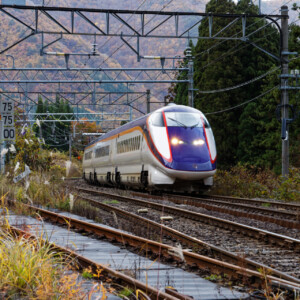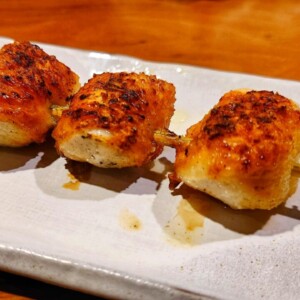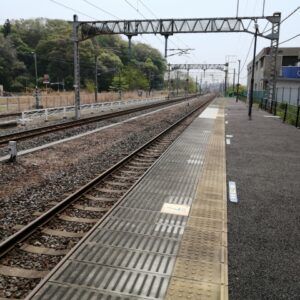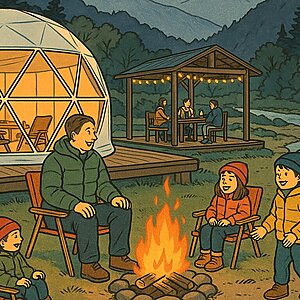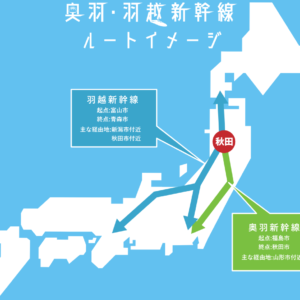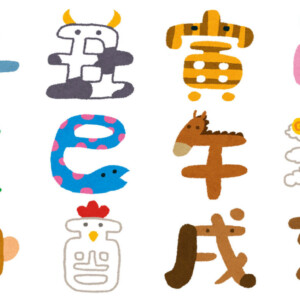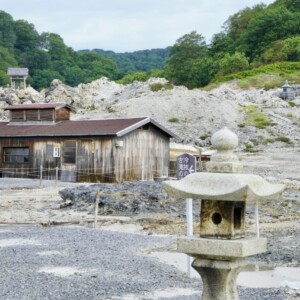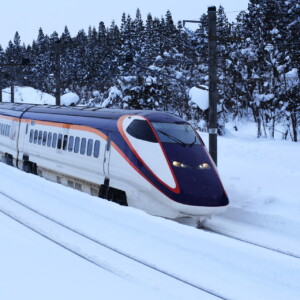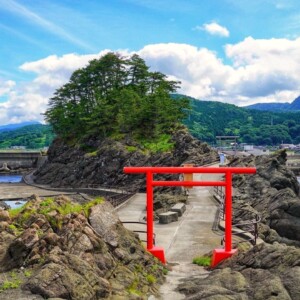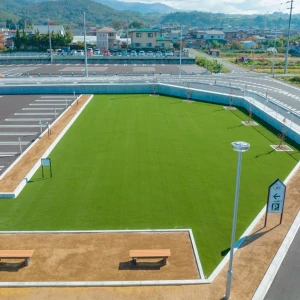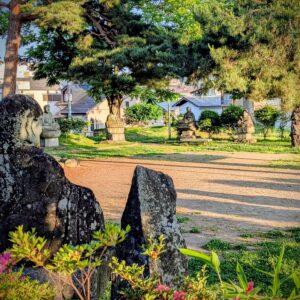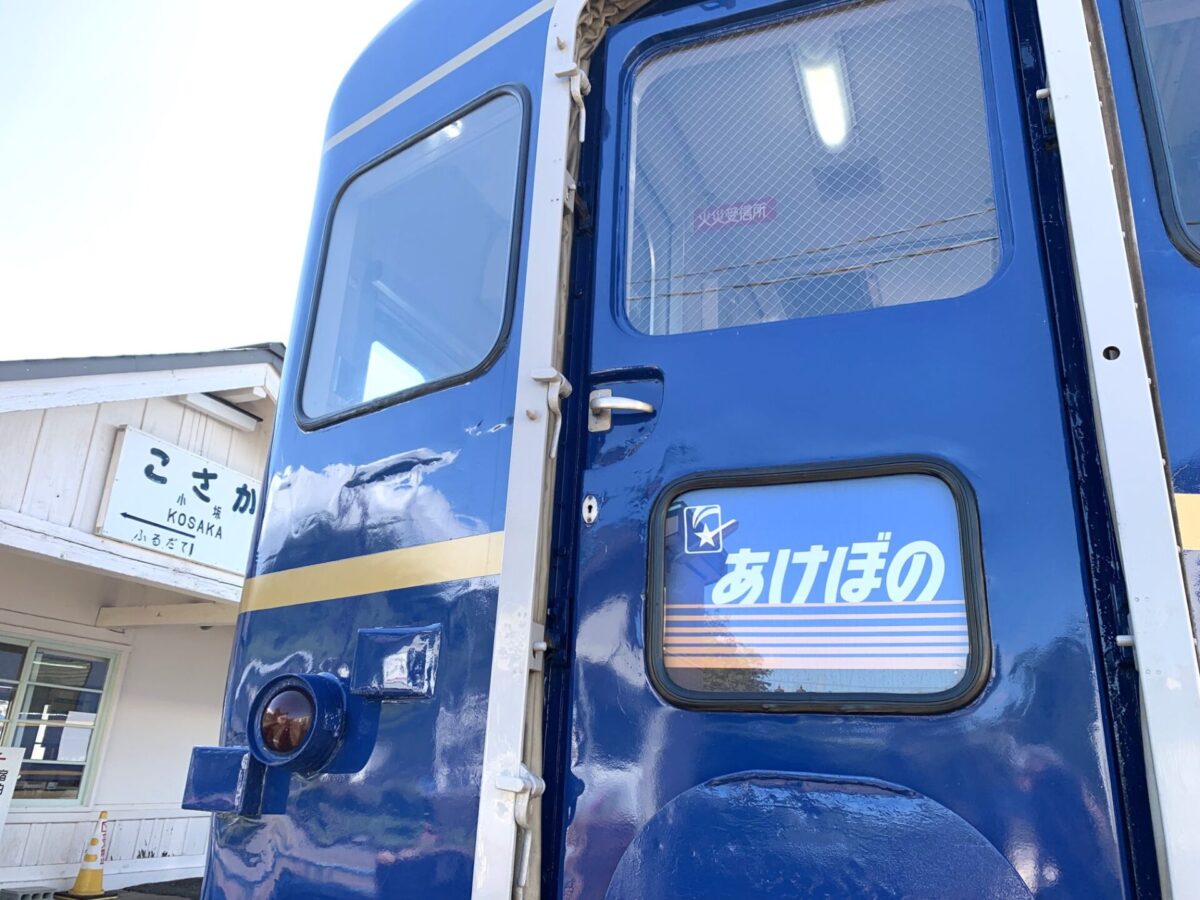
Enjoy the abandoned railway tracks of Tohoku! Ride rail bikes and trolleys along the tracks and stay overnight on the Kosaka Railway Blue Train (Part 2: Akebono Accommodation Experience)
table of contents
- 1 Kosaka Rail Park: A place where you can encounter a variety of nostalgic trains
- 2 The nostalgic blue train, the sleeper express "Akebono"
- 3 "Akebono" revived as a sleeper train at the Rail Park
- 4 We stayed in a private single deluxe room for two people!
- 5 Speaking of the Blue Train, it's the Ekiben! Speaking of the Akebono, it's the chicken rice from Hanazen!
- 6 How to make a reservation for the Akebono and what to do when boarding
- 7 summary
The Kosaka Railway (official name: Kosaka Smelting Kosaka Line) is a 22.3km local freight railway line connecting Odate City and Kosaka Town, operated by Kosaka Smelting Co., Ltd., which is still located in Kosaka Town
The line originally transported ores such as gold, silver, copper and zinc from the Kosaka Mine, and after the mine closed it was used to transport concentrated sulfuric acid produced by the company, and also operated as a passenger service
Even after passenger service was discontinued in October 1994, the line continued to transport concentrated sulfuric acid, but this service was suspended in March 2008, and the entire line was closed on April 1, 2009
Kosaka Rail Park: A place where you can encounter a variety of nostalgic trains
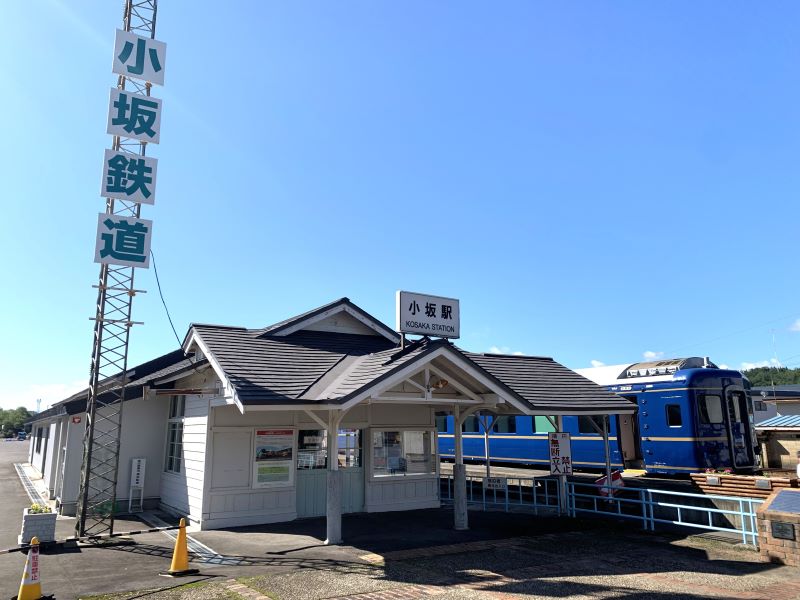
This rail park is popular among train enthusiasts, as it carefully preserves the facilities, tracks, and rolling stock of Kosaka Station on the now-defunct Kosaka Railway, just as they were back then
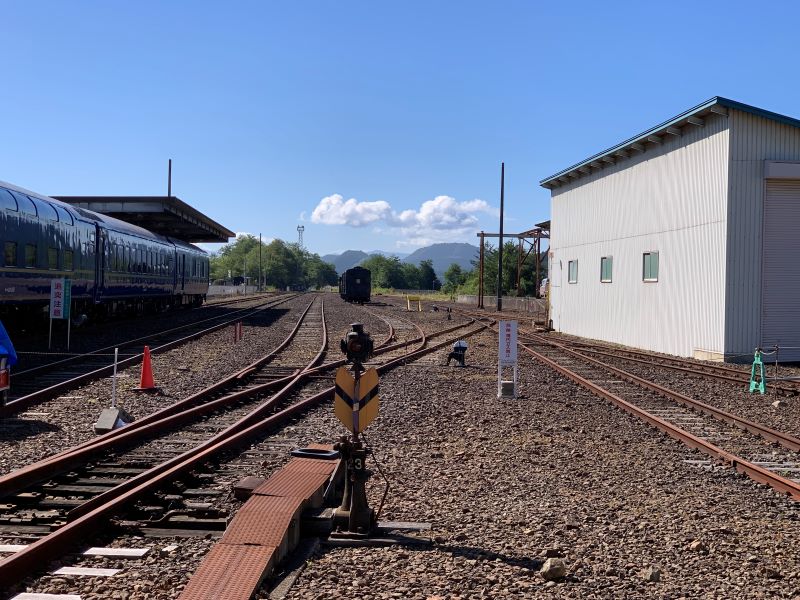
Many of the tracks remain deep within the station premises, and rare equipment such as semaphore signals and manual switches remain intact
There are also attractions where you can enjoy riding, such as rail bikes that run on the tracks inside the station and sightseeing trolleys, making this a rail park where both adults and children can have fun all day long
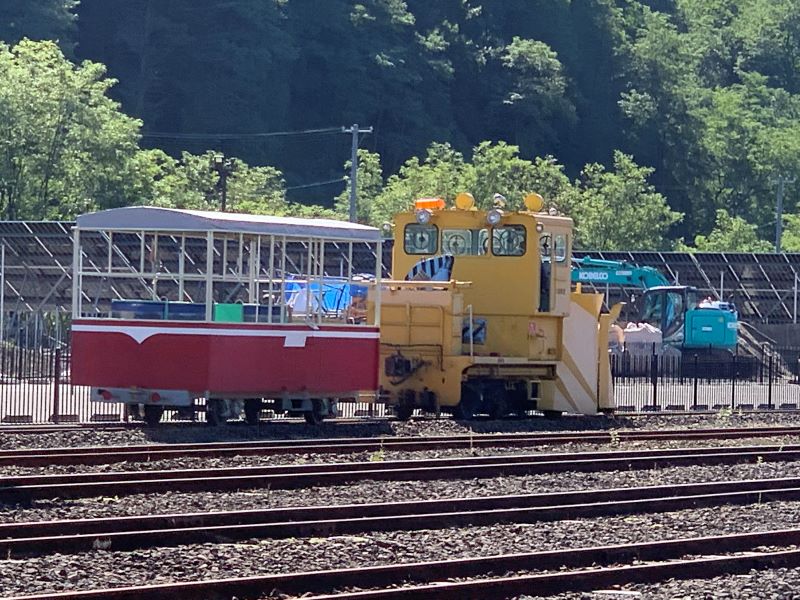
is run by Kosaka Railway Preservation Society , a local volunteer group that aims to realize the rail park concept in Kosaka Town and revitalize the town
The nostalgic blue train, the sleeper express "Akebono"
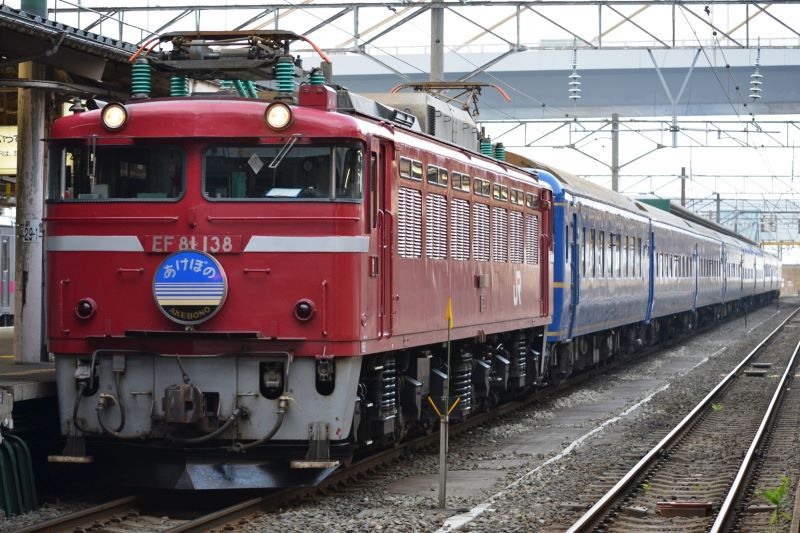
It was a sleeper express train that traveled between Ueno Station and Aomori Station via the Tohoku Main Line, Takasaki Line, Joetsu Line, Shinetsu Main Line, Uetsu Main Line, and Ou Main Line in approximately 12 hours and 30 minutes
Even in the face of headwinds such as the discontinuation of Blue Trains in the 21st century, the Akebono, with its many private compartments that ensure privacy, remained enduringly popular
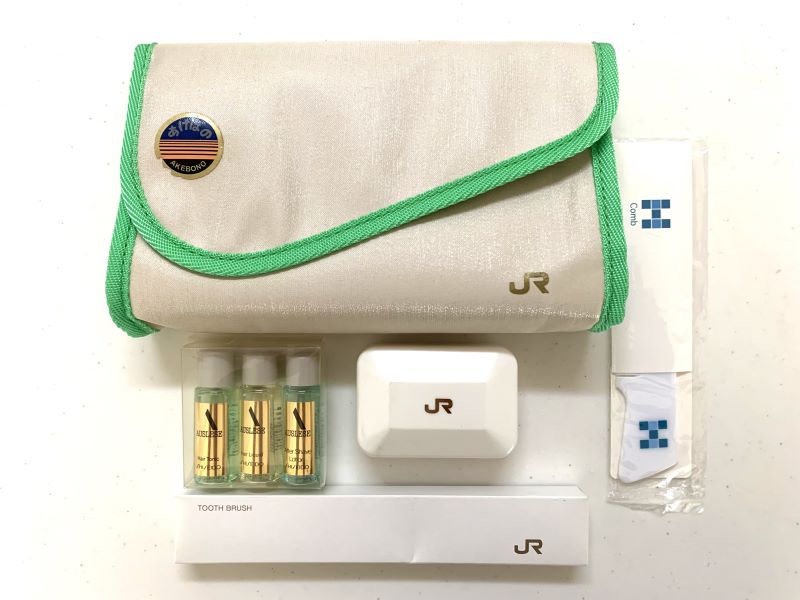
However, with the timetable revision on March 15, 2014, regular service was discontinued due to the aging of the vehicles, and the last special service was on January 4, 2015
"Akebono" revived as a sleeper train at the Rail Park
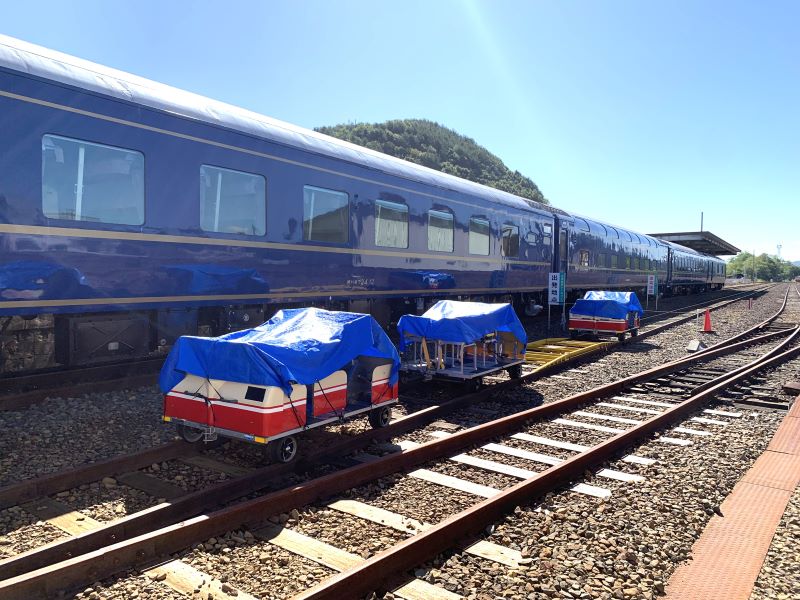
Of the 24-series cars that were used on the Akebono, the four cars introduced below have been preserved in working order and have been reborn as a "train hotel" where they operate as "sleeping cars."
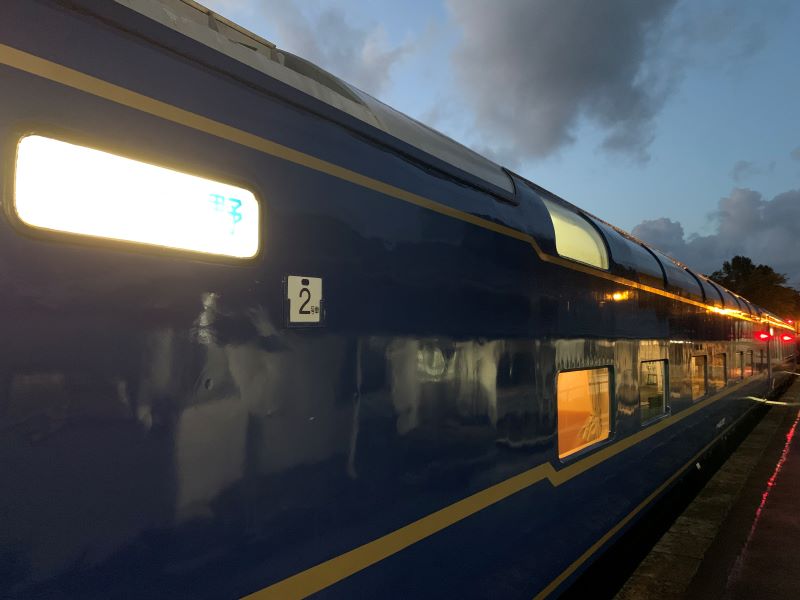
The "Train Hotel" had been closed for accommodation since 2021 due to the COVID-19 pandemic and water leaks caused by the aging of the carriages, but resumed accommodation operations in 2024
Slone 24-511: A-class private room, single deluxe (accommodates 1-2 people)
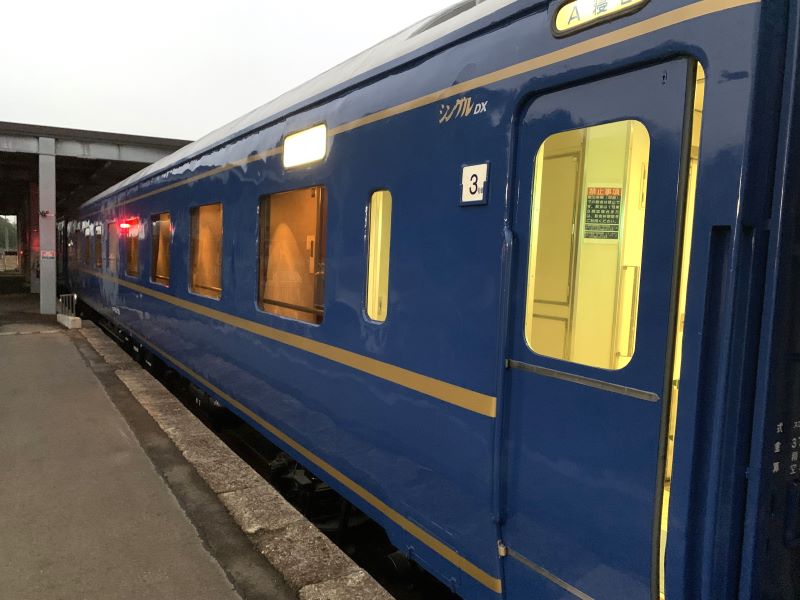
Each car has 11 private rooms, each with bunk beds arranged along the sleepers, the upper bunk being retractable, and a foldable washbasin
The lower bed can be used as a sofa during the day, and is comfortable enough for two people to sit and relax
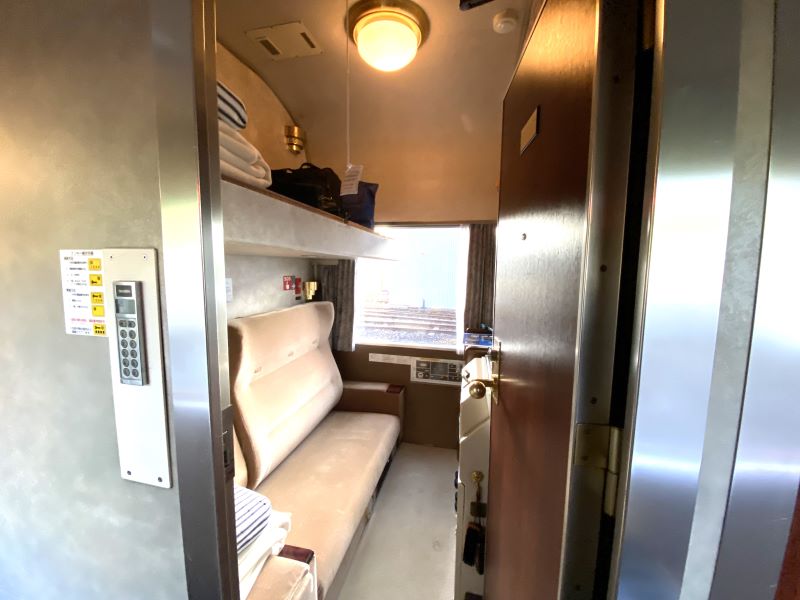
The rooms are equipped with digital locks, and guests enter a four-digit PIN when they leave the house, and then enter the same number when they return, eliminating the need for keys or cards
Ohane 24-555: B-class private room, solo (accommodates 1 person)
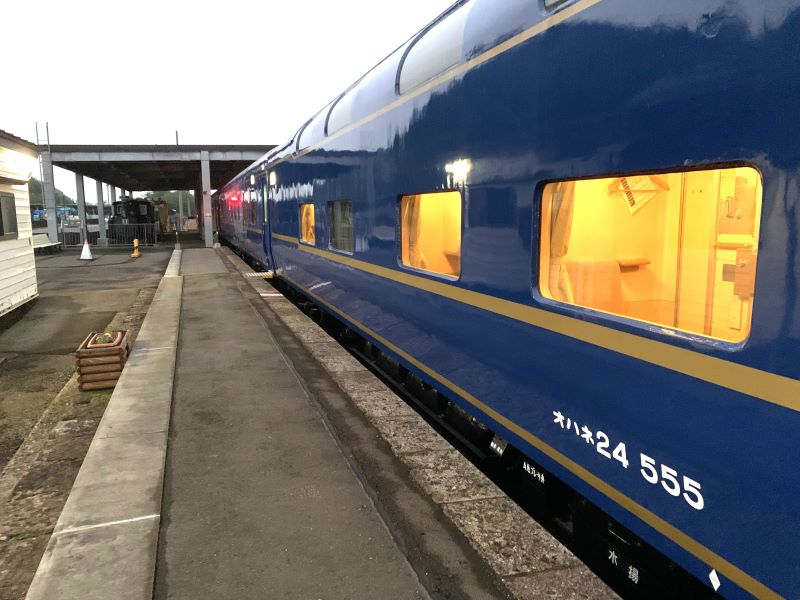
There are two types of private rooms, with beds parallel to the tracks, on the first and second floors, which are arranged alternately. The doors have cylinder locks, and you will be given a key when you stay
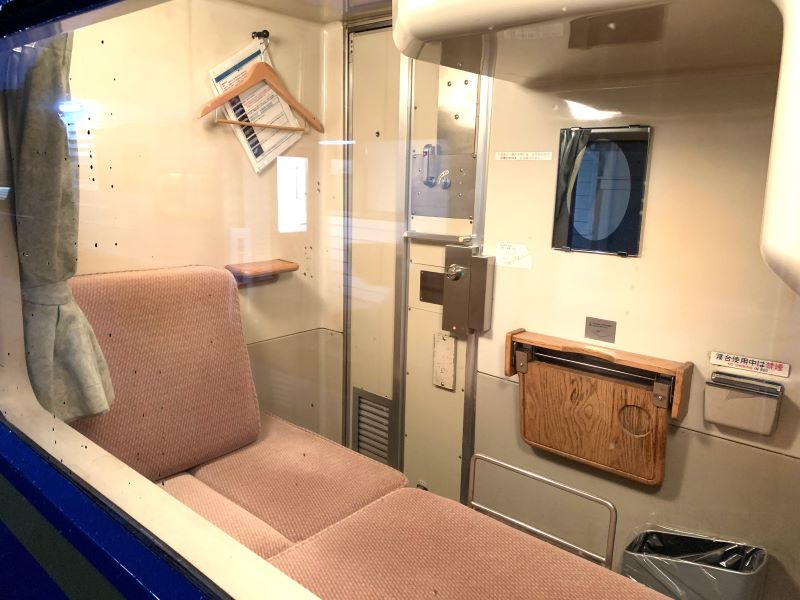
The private rooms on the second floor feel a little cramped, but the windows open all the way to the ceiling so you don't have to worry about people looking in from outside, and you can sleep while looking at the starry sky, so we recommend it
Ohanfu 24-12: B-class sleeping berths open (used as a shared space for guests)
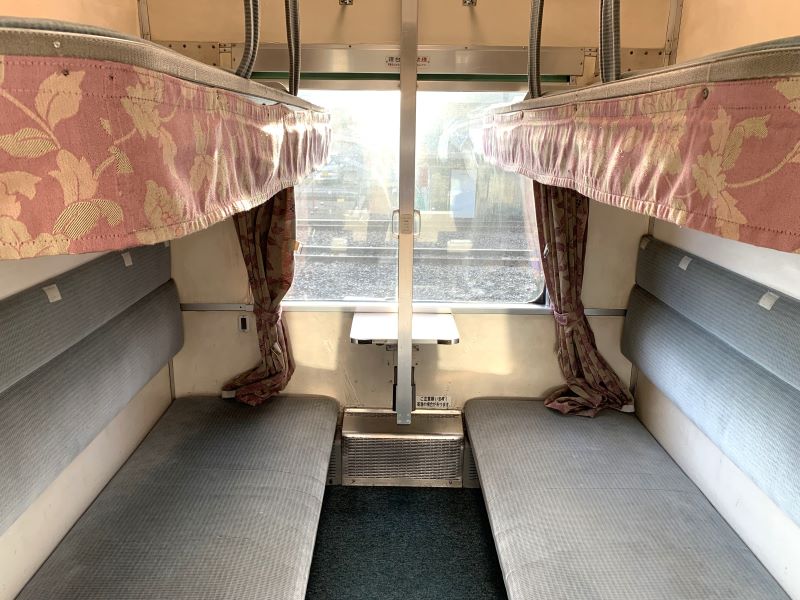
The train is a "brake car" with a conductor's room, and is a two-tiered B-class sleeping car with four berths in one open block, with each berth having a curtain to ensure privacy
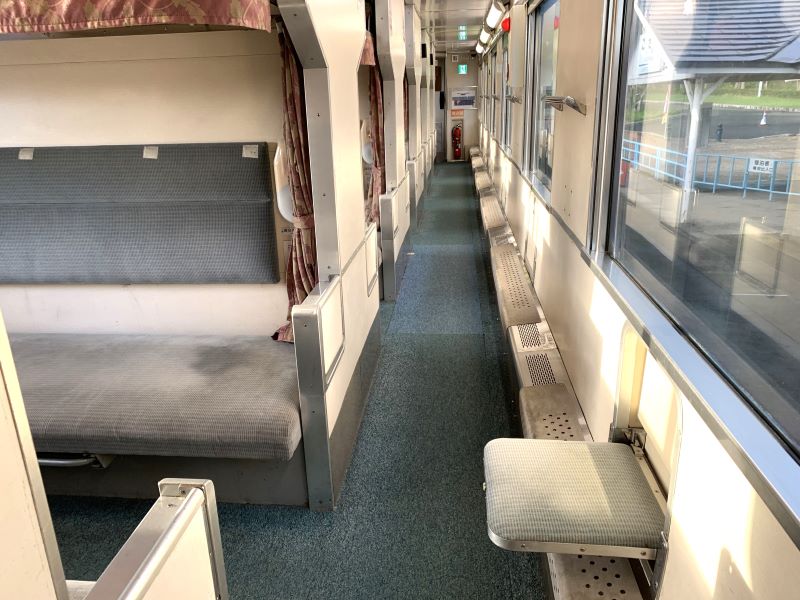
This place is not used for lodging, but is used as a "shared space" where guests of the "train hotel" can eat and rest freely
Kani 24-511: Power supply car
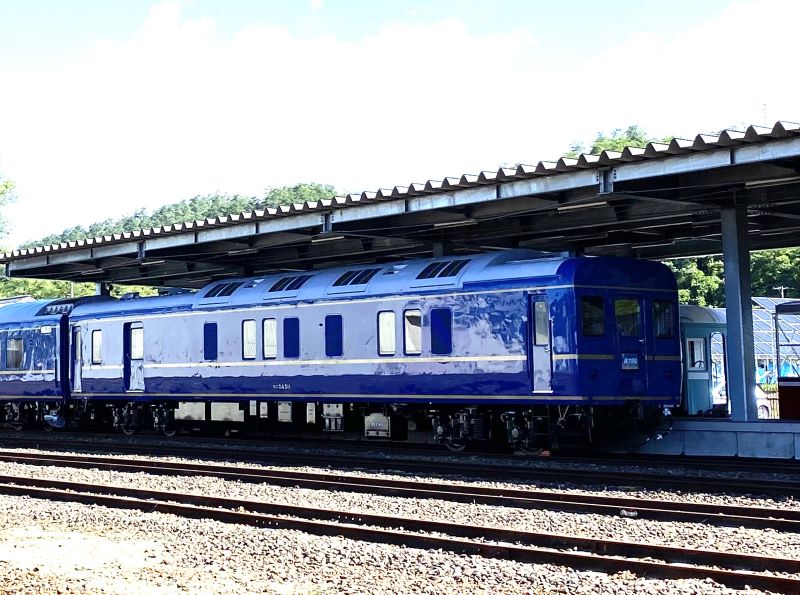
The 500 series of Kani 24 type power cars have been modified to be compatible with the Seikan Tunnel, cold-resistant, and snow-resistant, for use on the Blue Train that runs through the Seikan Tunnel, and are power generating vehicles that were used on the Hokutosei and Elm trains
The 511, which is still in working order, was used as an emergency backup power supply vehicle on the Akebono, Nihonkai, and Izumo
We stayed in a private single deluxe room for two people!
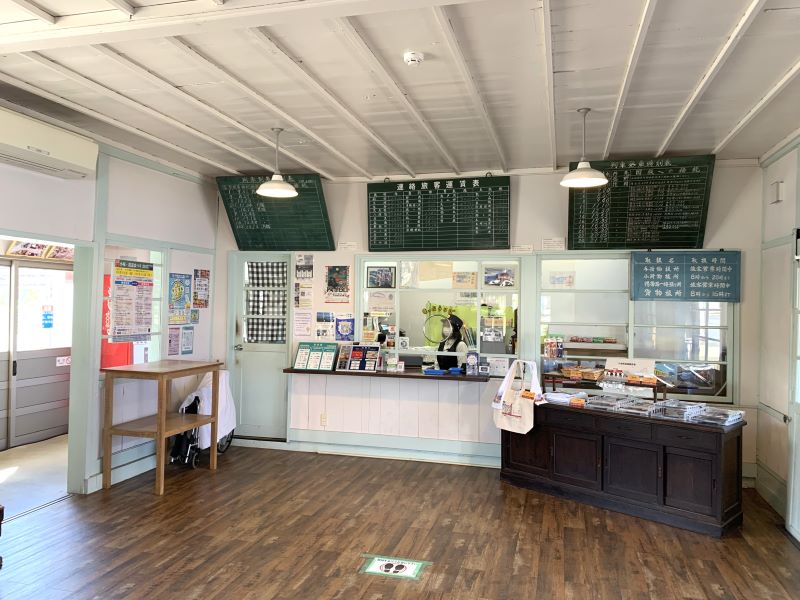
At the ticket counter in the Kosaka Station building, I gave my reservation name and paid the accommodation fee, and was told which of the 11 rooms I would be staying in was assigned to me, single deluxe room A number 6
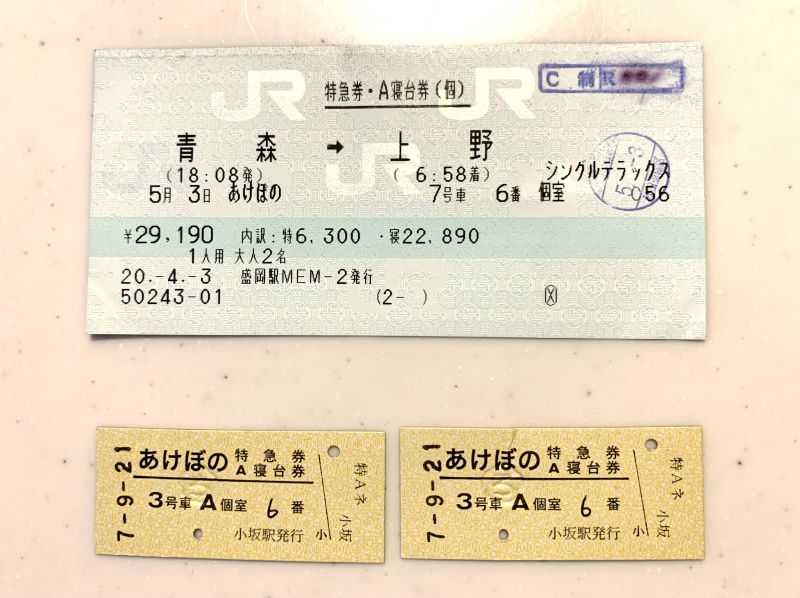
In fact, in 2008 (Heisei 20), when the Akebono was still in regular service, I rode in a private compartment A from Aomori Station to Ueno Station, and I was in the same compartment, number 6, as I am doing now
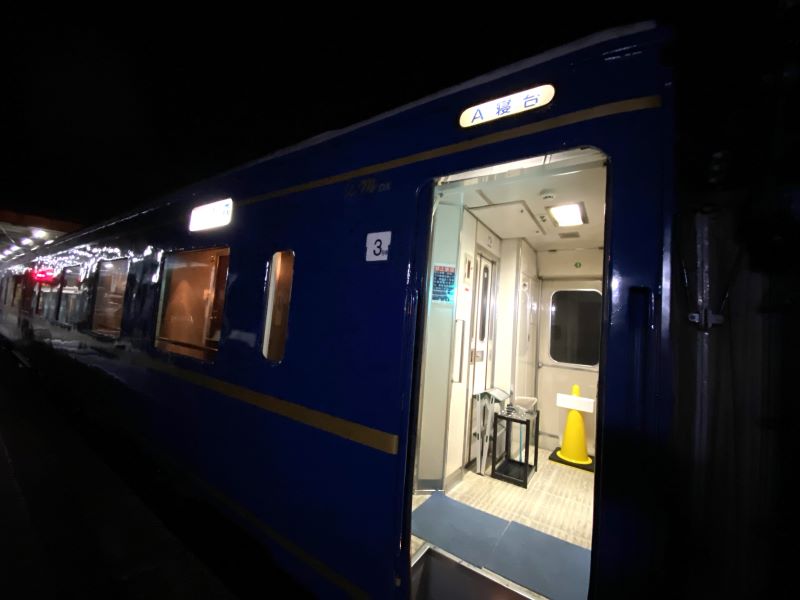
Once you have paid, a member of the preservation society dressed in a JR uniform will be waiting in the waiting room to give you various explanations regarding your stay, and once that is done, you can finally board the train
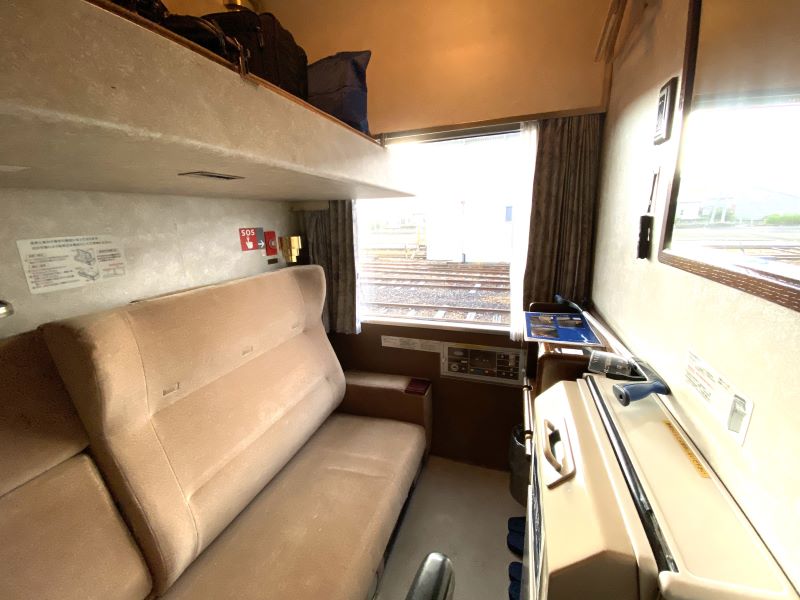
When I opened door number 6, the bottom bunk was still in its sofa state, but the top bunk had been pulled out
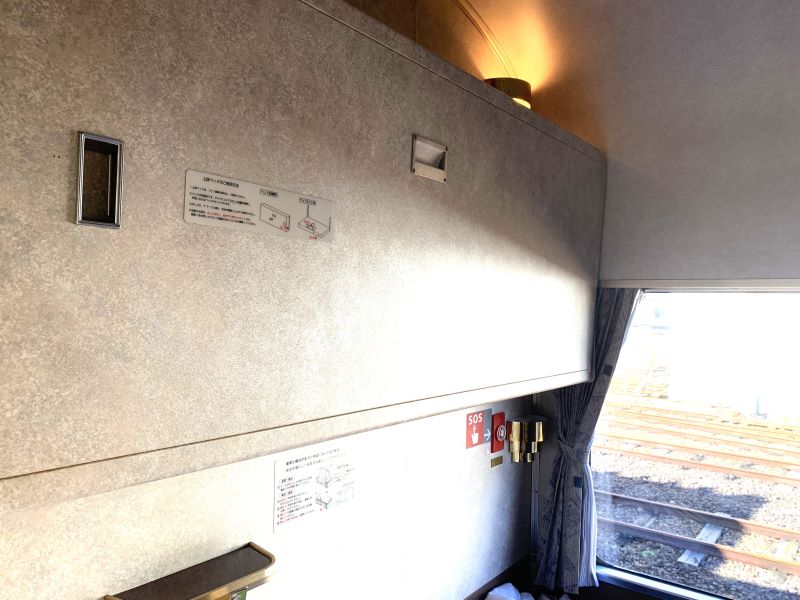
When not in use, the upper bed can be stowed away, creating a sense of openness in combination with the large train windows
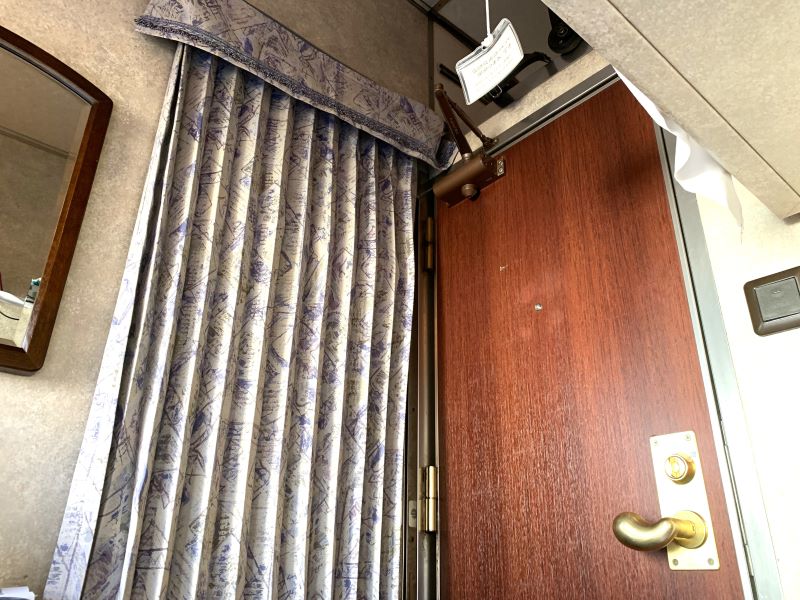
The ceiling is high and there is a large storage shelf above the door, but any large items that do not fit there will have to be placed at your feet
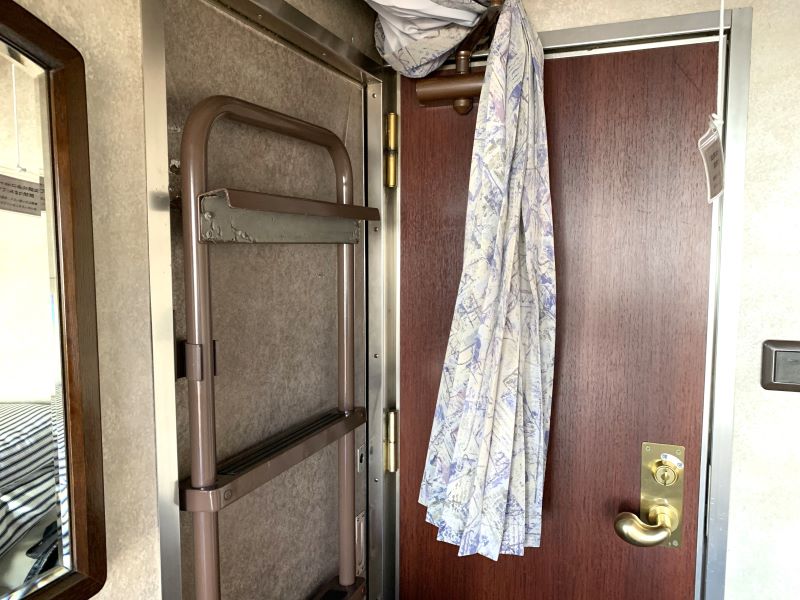
The curtain next to the door is a partition door that separates the room from the next one, and when opened it can be used as a four-person room.The ladder attached to the door is for climbing up to the upper bunk bed
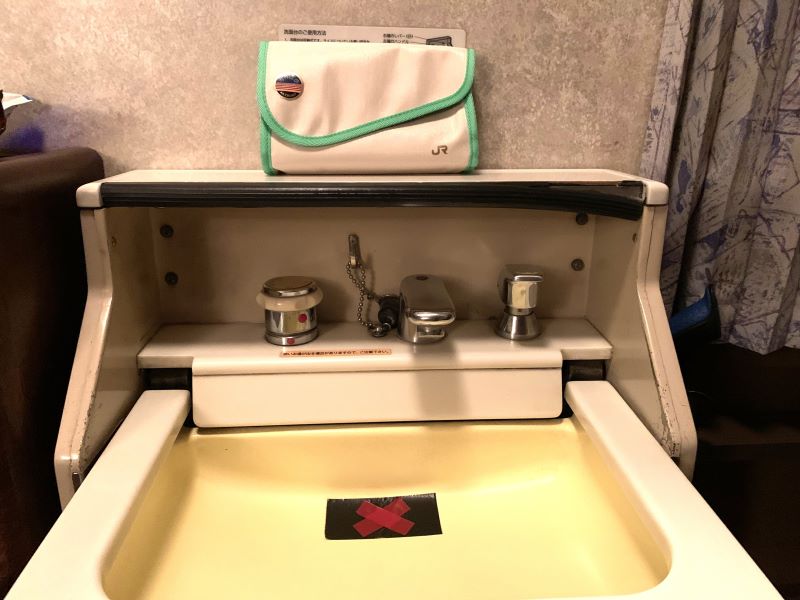
Although the shared toilets and sinks in the carriages cannot be used, and the washbasins inside the carriages cannot be used, they are kept clean and retain the atmosphere of the past
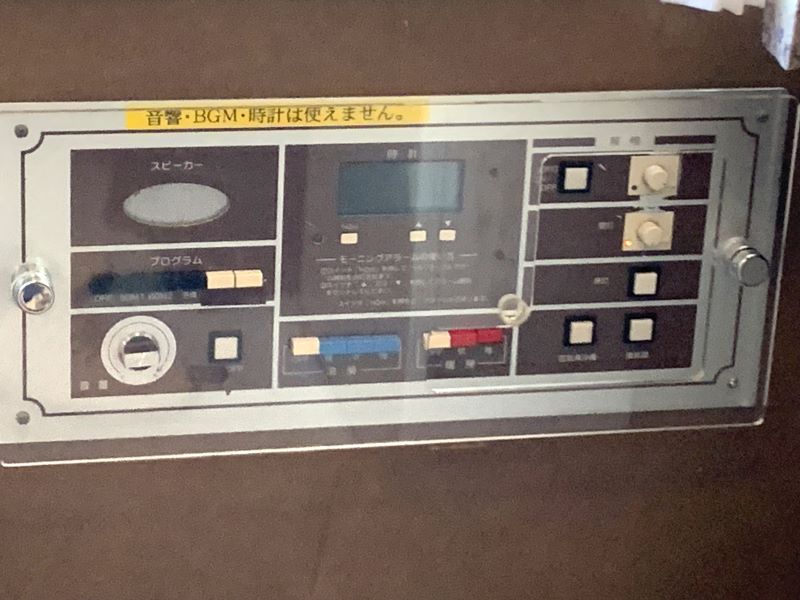
Actual recordings of trains running are played in the room until it's time to go to sleep, and it's amazing how, even though there is no shaking or vibration, you gradually begin to feel as if you are really on board
From 4pm, the sounds of trains running are played in the room (until 10pm), allowing you to enjoy the sounds of trains crossing the railroad bridge and passing each other
Hospitality from the Kosaka Railway Preservation Society! "Mise-tetsu" activities that will make you feel excited about riding the Blue Train
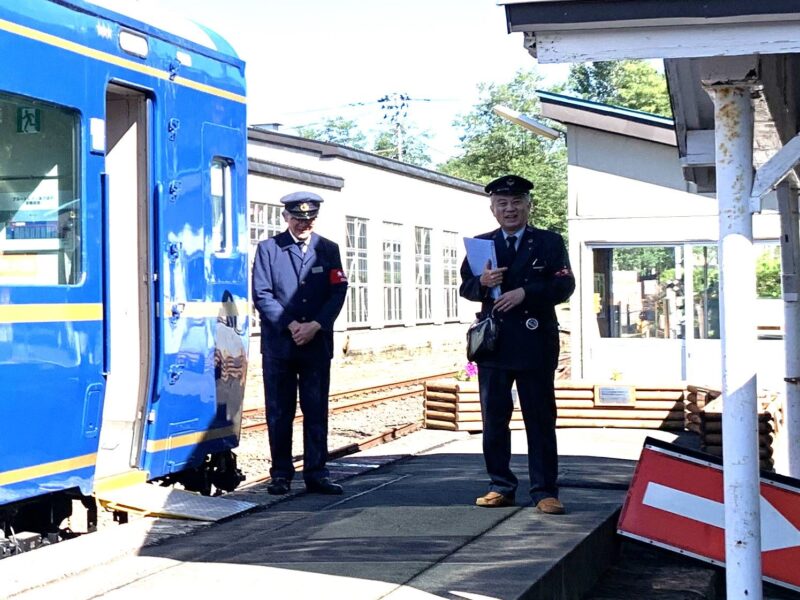
As a form of hospitality, volunteers from the Kosaka Railway Preservation Society, dressed as station staff, will be conducting ticket checks and in-car inspections when passengers board, as well as making announcements on board such as arrival times at stations where the Akebono will stop
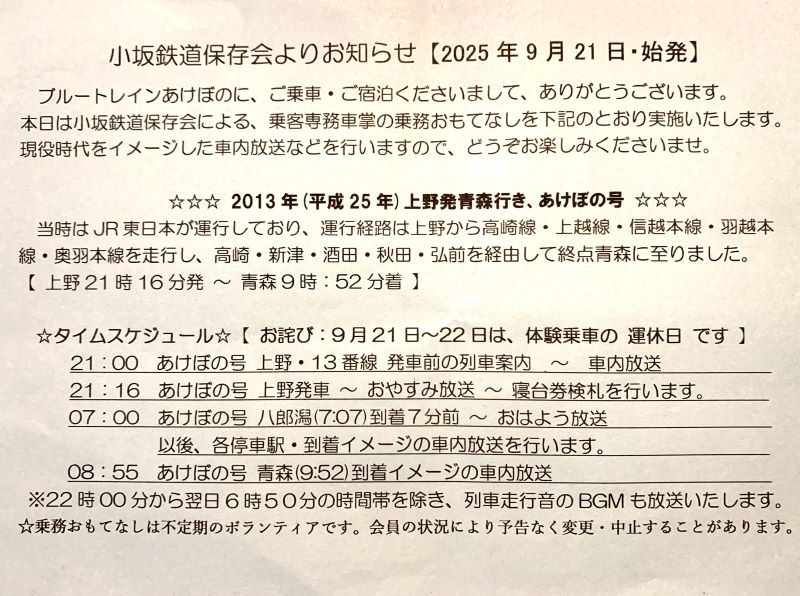
This event may not be held depending on the participation of preservation society members, but on the day I stayed there, I was able to enjoy it from the time the train departed from platform 13 at Ueno Station until it arrived at Aomori Station the next morning
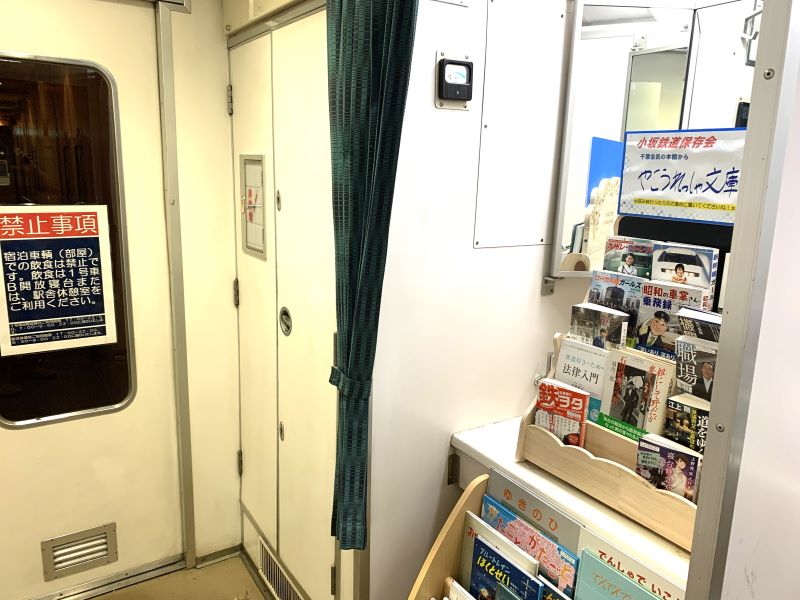
The announcements, such as announcements of waiting stops to allow trains to pass each other and transfer information at arrival stations, are emotional enough to remind you of the days when the Akebono was in operation
The next morning at 7am, a good morning announcement was made saying "7 minutes until arrival at Lake Hachirogata", and just before 9am an announcement was made on the train saying "Arrived at Aomori (actually we arrived at 9:52am)", and it was time to disembark (check out)
Accommodation support facilities using the old station building
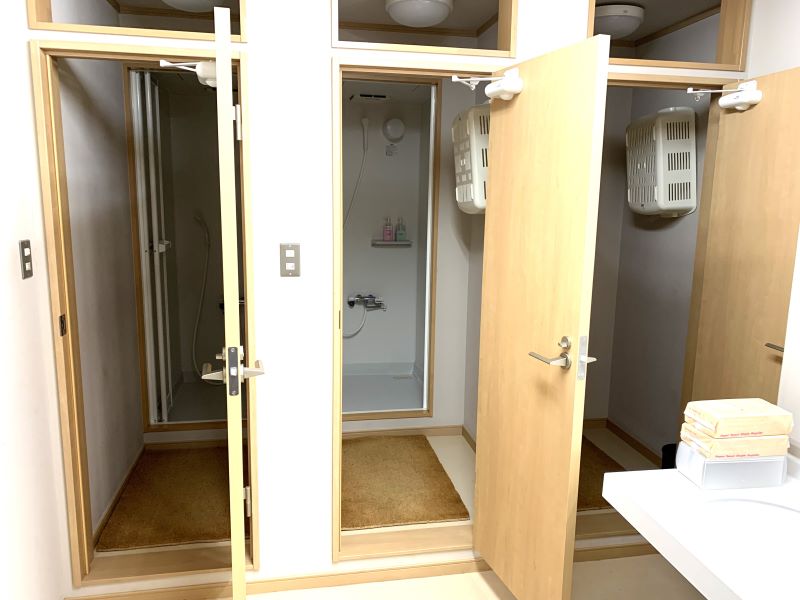
You cannot use the sinks and toilets on board the train, but there are toilets and shower rooms (three for men and three for women) and a rest area for guests in the station building just after you get off the train
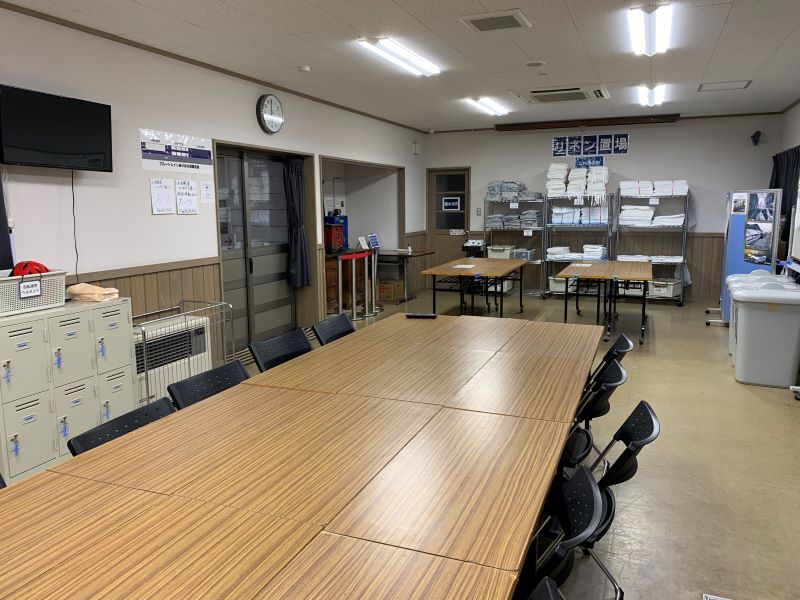
The break room is equipped with a large TV, microwave, hot water kettle, small lockers, and a work space for attaching covers to blankets used indoors
Speaking of the Blue Train, it's the Ekiben! Speaking of the Akebono, it's the chicken rice from Hanazen!
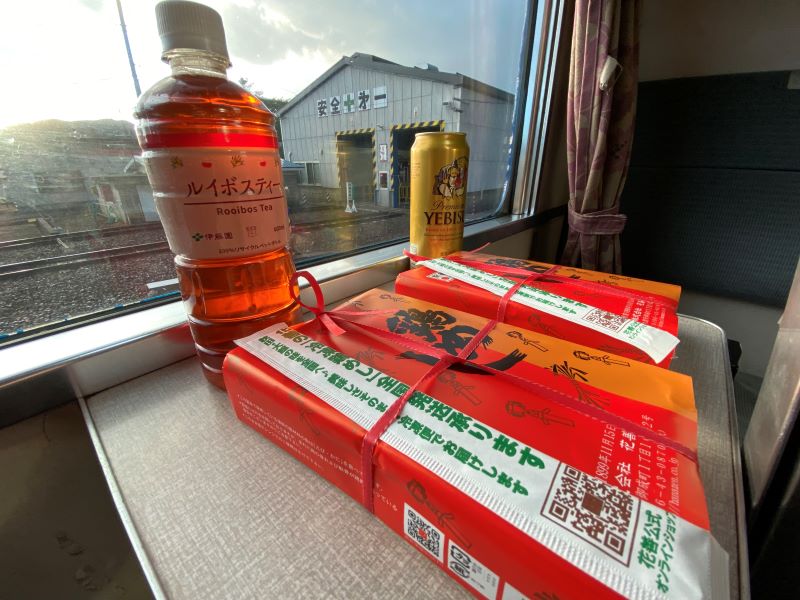
The best part of the Blue Train was being able to relax with a drink and a bento box while watching the city lights flash by the window as the train traveled under the starry sky
During the Showa era, when a train stopped at a station, there would be people selling bento boxes on the platform, and it was common to see passengers quickly buying bento boxes and tea, then rushing back into the train as the departure bell rang
Hanazen, known for its chicken rice bento boxes, is located in front of Odate Station, where the Akebono stops, and although they also sell their bento boxes on the street, they also have a system in place where they will deliver them to the train deck if you make a reservation
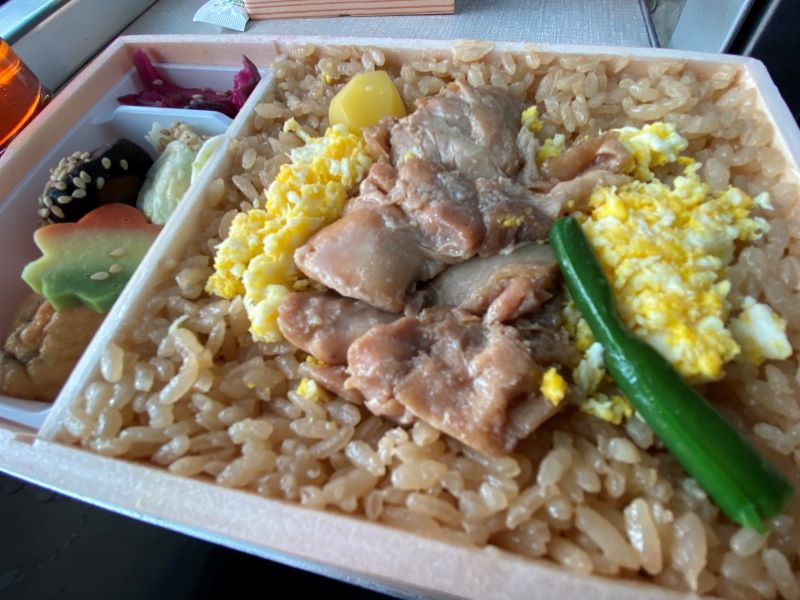
When I previously rode the Akebono from Aomori, I used this system to pay for my chicken rice bento on the deck while the train was stopped at Odate Station
This system is no longer in place, but I remember the chicken rice bento I received on deck was still warm
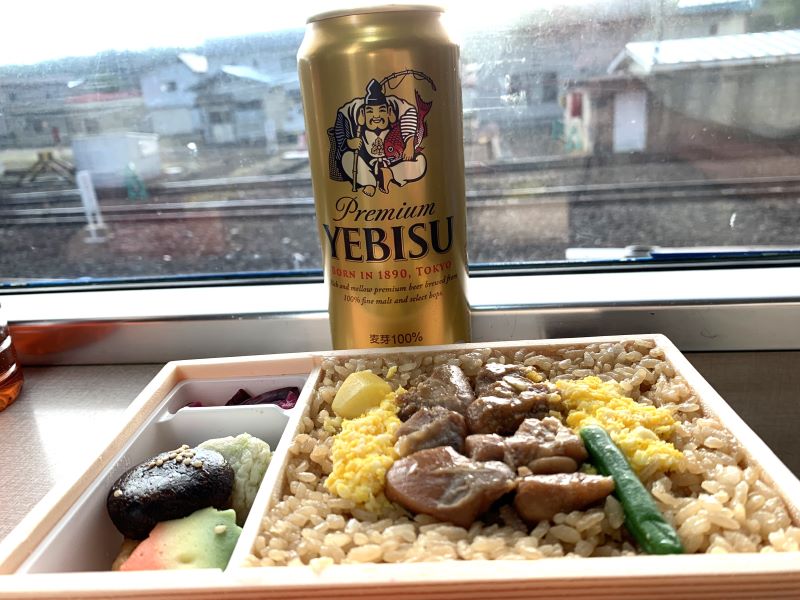
For this reason, for dinner during my stay this time, I chose a chicken rice bento box that I purchased at Hanazen in front of Odate Station, and enjoyed it with a beer in an open B-class sleeper car in the shared space
Please note that eating and drinking are prohibited inside the accommodation vehicle, but please understand that this is good manners to keep the vehicle clean and in good use for as long as possible
How to make a reservation for the Akebono and what to do when boarding
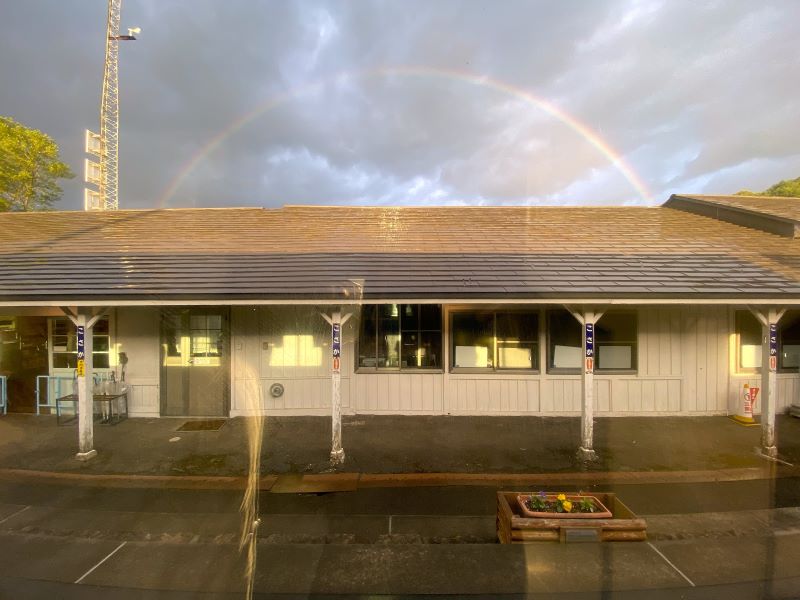
In 2025 (Reiwa 7), the hotel's opening hours will be mainly on Saturdays between May and the end of October, but there are also months when you can stay on Fridays and Sundays
Check the official website for opening hours and reservation status, then call to let them know your desired date and time, number of guests, and type of sleeping accommodation. If there is availability, your reservation is complete
You pay for your stay at the ticket counter at Kosaka Station on the day, receive instructions in the waiting room, and then enter your designated room, where you will find a bare blanket and pillow waiting for you
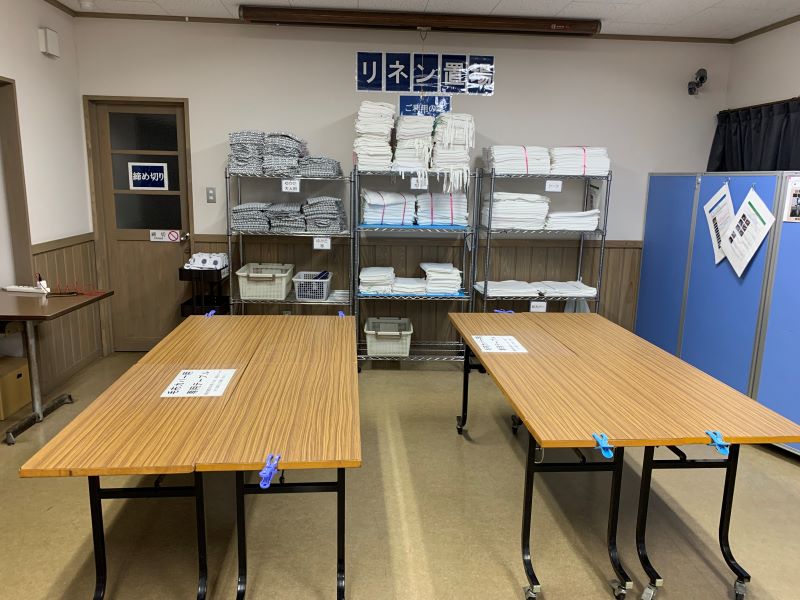
You will need to make your own bed, taking sheets from the station's rest room back to your room and putting them on, as well as bringing a blanket from your room and putting on the cover provided in the rest room
The waiting room and office are closed and unmanned at night, but if any trouble occurs at night, there is a security staff member stationed in the station building, so you can rest assured
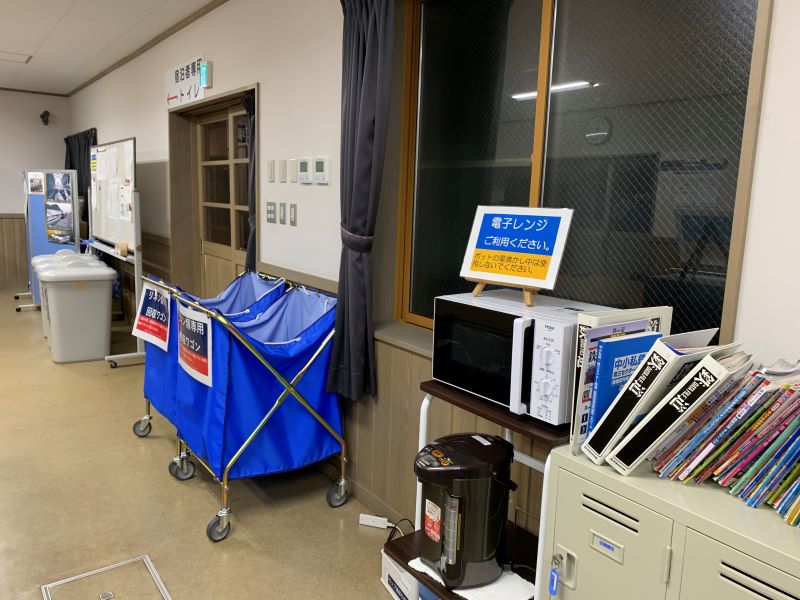
You can stay until 9:00 the next morning, and there are no special procedures required; just return the sheets and other linens you used to a designated location inside the station
summary
Depending on the date of your stay, there is a trial ride plan available where you can ride in the open B-class sleeping car on the Akebono train for a fee when it travels from the platform to the train exhibition area (see the official website)
The last day of accommodation at the Akebono train hotel in 2025 is October 25th, but reservations are already full
The hotel fills up quite quickly, so if you're hoping to stay next year, we recommend booking early
The opening hours for 2026 (Reiwa 8) will be announced on the official website as soon as they are decided, so please check the official website for accommodation rates
Kosaka Railway Rail Park <Information>
- Facility name: Kosaka Railway Rail Park
- Address: 20-9 Kosaka Mine, Kosaka Town, Kazuno District, Akita Prefecture
- Phone number: 0186-25-8890
- Opening period: April 1st to November 23rd
- Business hours: 9:00-17:00 (last entrance 16:30)
- Closed: Wednesdays (if Wednesday is a public holiday, the following Thursday)
- Days when the vehicle is not operated: Rail Bike: Weekdays (operates on Saturdays, Sundays, and holidays)
- Ride suspension days: Sightseeing trolley Tuesdays
- Admission fee: Please refer to the official website for ride experience fees
- Official URL: Kosaka Railway Rail Park Official Website




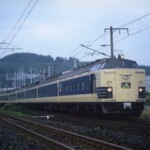
![Enjoy the abandoned railway tracks of Tohoku! Ride rail bikes and trolleys along the tracks and stay overnight on the Kosaka Railway Blue Train (Part 1) [Akita Prefecture] Rail Bike Catch](https://jp.neft.asia/wp-content/uploads/2025/09/5736d28a55defa8e5314da0a50151d91-150x150.jpg)

